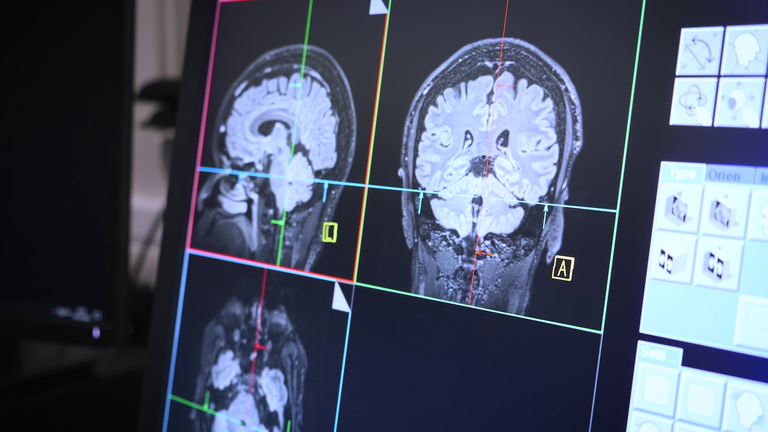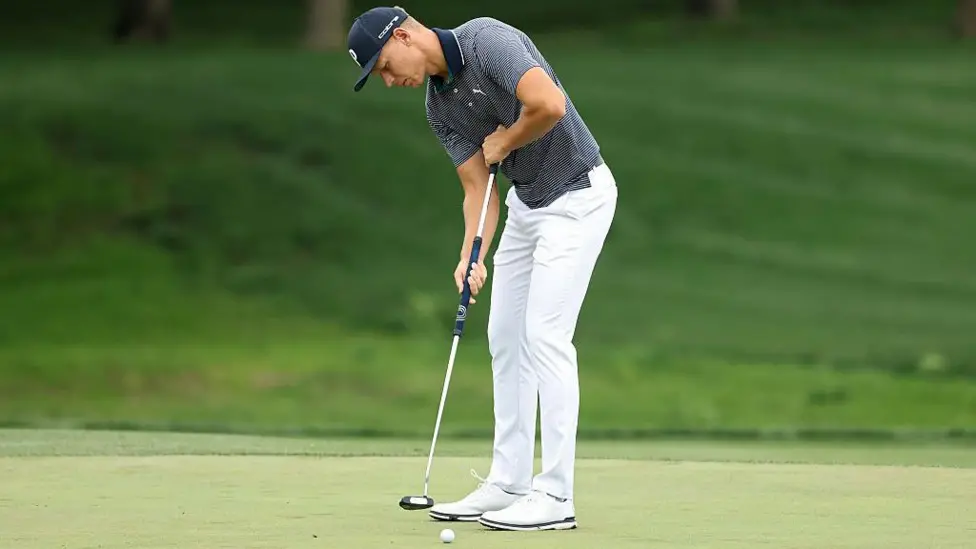Video game actor strike ends in US - but AI described as 'direct threat' to UK industry
Video game actors in the US have ended their strike after nearly a year of industrial action, over the use of artificial intelligence by game studios.

More than 2,500 US performers were barred from working on games impacted by the strike while the Screen Actors Guild-American Federation of Television and Radio Artists (SAG-AFTRA) negotiated a deal with studios.
Now, after more than 11 months of discussions, a "tentative" agreement has been reached.
"Patience and persistence has resulted in a deal that puts in place the necessary AI guardrails that defend performers' livelihoods in the AI age, alongside other important gains," said SAG-AFTRA's national executive director Duncan Crabtree-Ireland.
Actors were banned from working with major game makers like Activision, Blindlight, Disney Character Voices, Electronic Arts, Epic Games, Formosa, Insomniac Games, Take 2 and WB Games.
Other studios were also impacted by the strike, as actors took industrial action in solidarity.
"We are pleased to have reached a tentative contract agreement that reflects the important contributions of SAG-AFTRA-represented performers in video games," said Audrey Cooling, spokesperson for the video game producers, to Sky News.
"It delivers historic wage increases of over 24% for performers, enhanced health and safety protections, and industry-leading AI provisions requiring transparency, consent and compensation for the use of digital replicas in games."
In the UK, actors protested in solidarity with their American counterparts, while Equity, the UK actors' union, called for a similar wide-reaching agreement between UK studios and actors.
Earlier this week, the British Film Institute (BFI) released a report detailing the risks posed by AI to the UK screen sector, including video games, and described it as a "direct threat".
The scripts of more than 130,000 films and TV shows, YouTube videos, and databases of pirated books have been used to train AI models, according to the report.
AI poses a particular threat to some video game voice actors, according to one expert, because of the nature of their work creating animal or monster sound effects.
"The generic stuff is the easiest thing for generative AI to replace," Video Games Industry Memo author George Osborn told Sky News previously.
"Just saying to the model, 'make 200 monster noises' is much easier than convincingly [making AI] sound like it is having a conversation with someone," he said.
Unlike the SAG-AFTRA actors' strike in 2023, which saw blockbusters like Deadpool 3 and Gladiator 2 delayed and entire TV series cancelled, huge delays to games were unlikely.
Games take years to make and any game already in development before September 2023 was exempt from the strike.
Tensions have risen in the game actor community since the industrial action began, as studios appeared to hire international actors to replace the striking US workers.
-SKY NEWS







